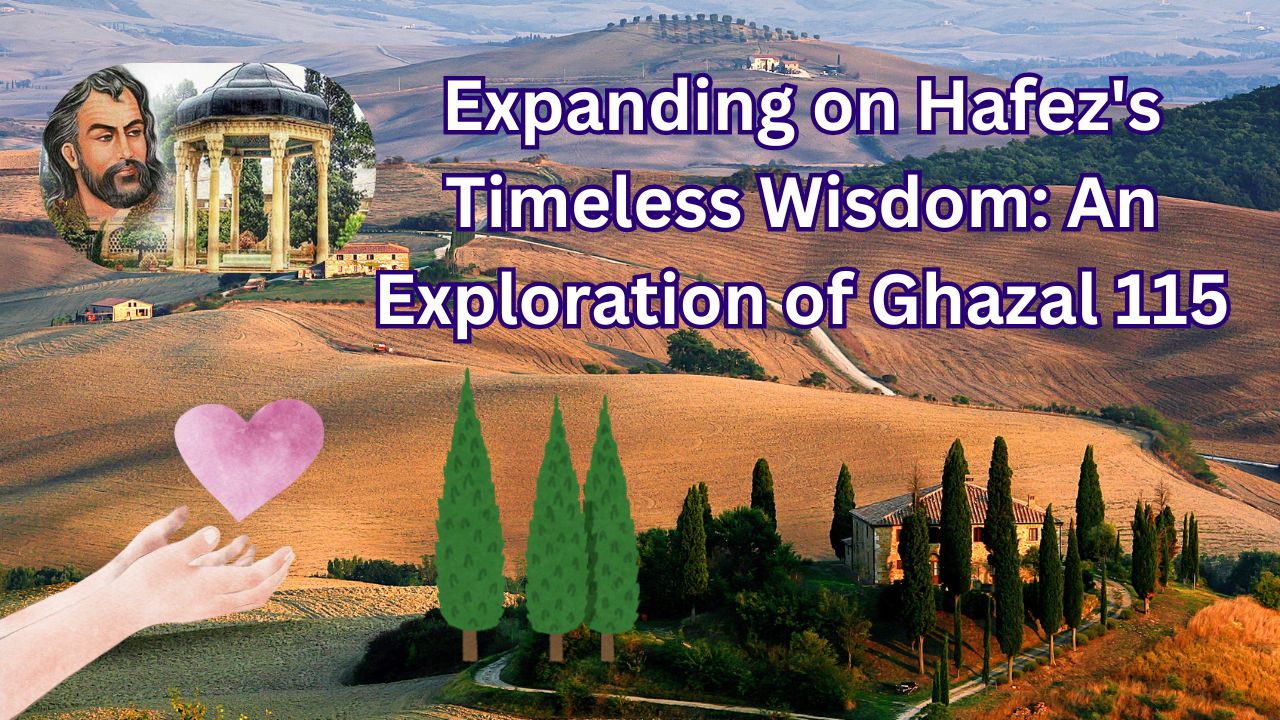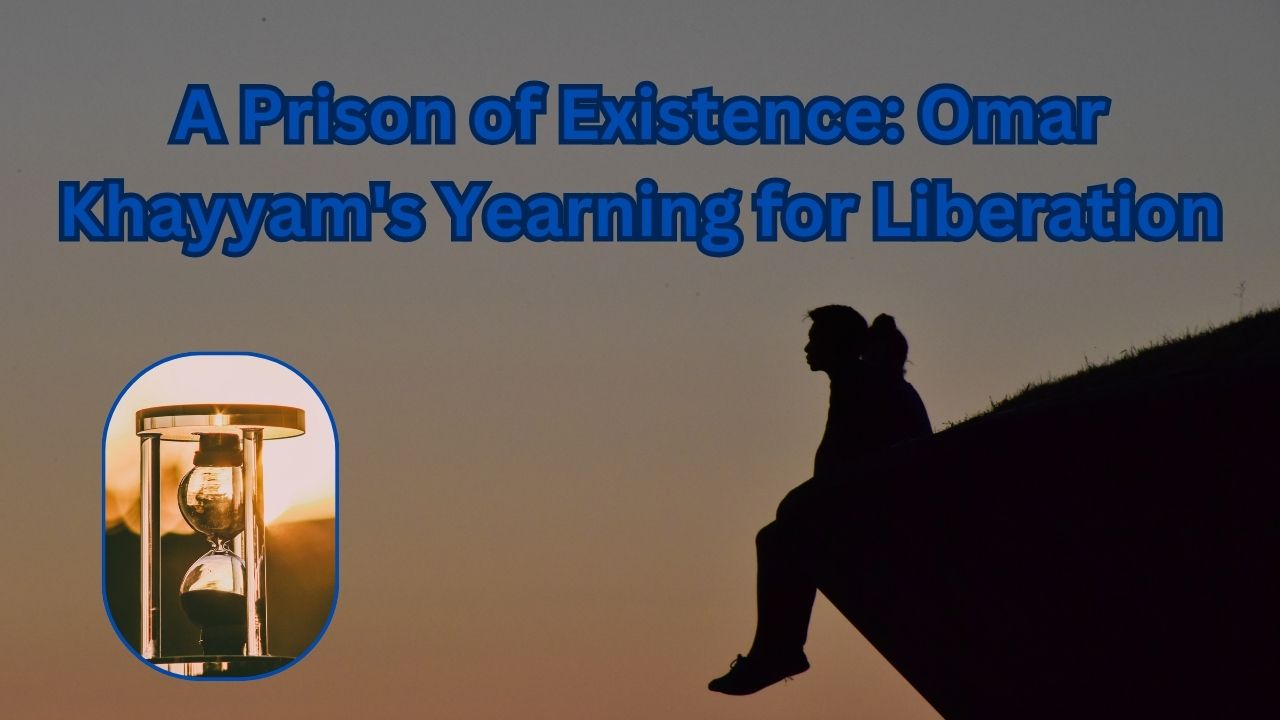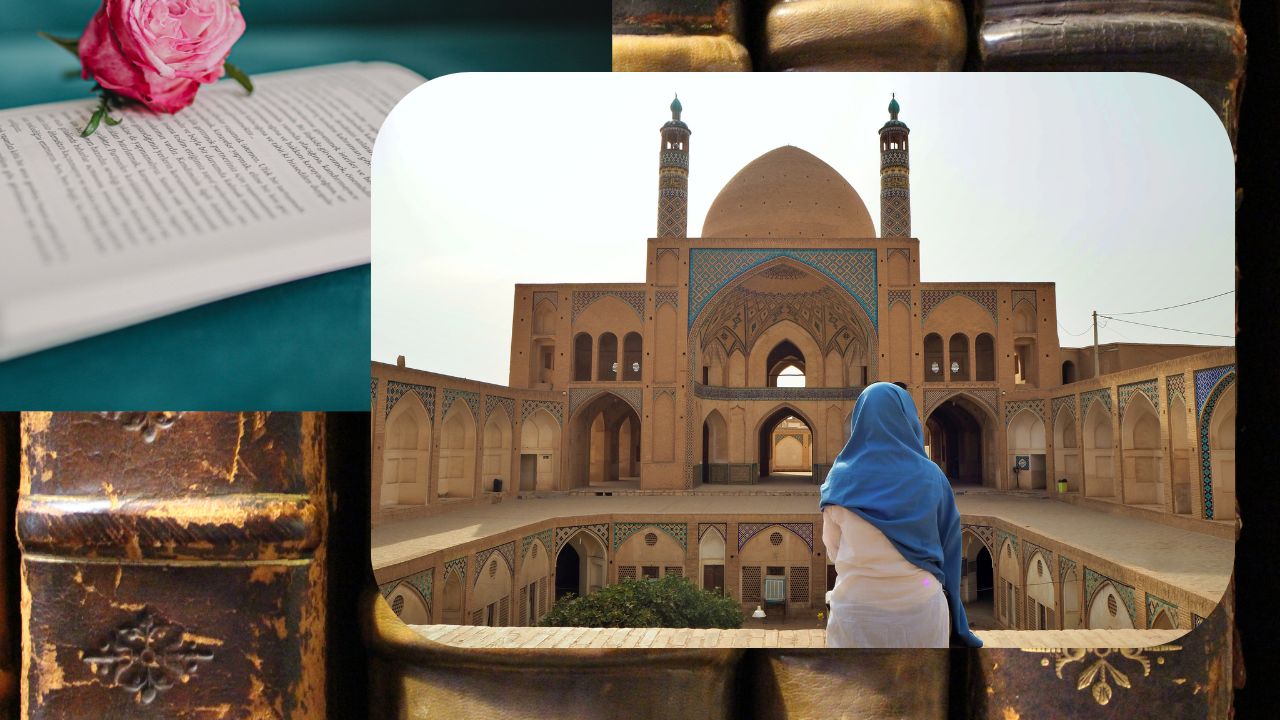Hafez, the symbol of sweetness of Persian poetry, has woven a blend of profound thoughts and emotions into his ghazals. Ghazal 115 is no exception, offering a rich blend of philosophical musings, romantic imagery, and spiritual aspirations. We examine each verse line, first in Persian, then its English translation and a brief analysis.
درختِ دوستی بنشان که کامِ دل به بار آرد
نهالِ دشمنی بَرکَن که رنج بیشمار آرد
Plant the tree of friendship, for it will bear the fruit of heart's desire.
Uproot the sapling of enmity, for it will bring countless pains.
Hafez begins by emphasizing the importance of cultivating friendships. The image of planting a tree of friendship is powerful, symbolizing the nurturing and growth required to foster meaningful connections. He contrasts this with the destructive nature of enmity, which can lead to countless sorrows. This verse serves as a gentle reminder to prioritize harmony and compassion in our interactions with others.
***
چو مهمانِ خراباتی به عزت باش با رندان
که دردِ سر کشی جانا، گرت مستی خمار آرد
Be honorable with the revelers like a guest of the tavern,
For my dear, worrying will only bring you a drunken hangover.
In this couplet, Hafez advises us to maintain dignity even in the midst of revelry. The image of a guest in a tavern suggests the importance of being mindful and in control, even when surrounded by temptations. The poet warns against excessive indulgence, as it can lead to negative consequences. This verse underscores the significance of balance and moderation in all aspects of life.
***
شبِ صحبت غنیمت دان که بعد از روزگارِ ما
بسی گردش کُنَد گردون، بسی لیل و نهار آرد
Treasure the night of companionship, for after our time,
The universe will turn many times, bringing many nights and days.
Here, Hafez emphasizes the fleeting nature of life. He urges us to cherish the moments we have with loved ones, as time is constantly moving forward. The image of the universe turning on its axis highlights the cyclical nature of existence. This verse serves as a reminder to live in the present and appreciate the beauty of each moment.
***
عَماری دارِ لیلی را که مَهدِ ماه در حکم است
خدا را در دل اندازش که بر مجنون گذار آرد
Guide Layla's camel, whose cradle is the moon,
Please God, place it on Majnun's path.
Hafez invokes the legendary love story of Layla and Majnun in this verse. Layla's camel, metaphorically guided by the moon, is a powerful image of divine intervention. The poet implores God to guide Layla's camel towards Majnun's path, expressing a fervent hope for their union. This verse speaks to the enduring power of love and the yearning for divine intervention in matters of the heart.
***
بهارِ عمر خواه ای دل، وگرنه این چمن هر سال
چو نسرین صد گل آرد بار و چون بلبل هِزار آرد
O heart, desire the spring of life, otherwise this meadow every year
Will bear a hundred narcissus and a thousand nightingales.
Here, Hafez emphasizes the fleeting nature of youth and beauty. The image of a meadow blooming with narcissus and filled with the songs of nightingales symbolizes the splendor of life. However, the poet warns that this beauty is transient. The verse encourages us to seize the moment and make the most of our time.
***
خدا را چون دلِ ریشم قراری بست با زلفت
بفرما لعلِ نوشین را که زودش با قرار آرد
Oh God, since my heart has formed an attachment with your curl,
Command the sweet ruby to quickly join the rendezvous.
With a touch of humor and longing, Hafez compares his heart to a wrinkled old man captivated by the beauty of his beloved's hair. He playfully requests God to bring a "sweet ruby" (perhaps a metaphor for a beloved) to fulfill this passionate encounter. This verse captures the essence of romantic longing and the poet's playful spirit.
***
در این باغ از خدا خواهد دگر پیرانه سر حافظ
نشیند بر لبِ جویی و سروی در کنار آرد
In this garden, God willing, aged Hafez will sit
By the edge of a stream, with a cypress tree beside him.
In this final verse, Hafez paints a serene picture of his old age. He expresses a desire to spend his twilight years in a garden, sitting by a stream with a beautiful beloved (cypress tree is a metaphor of the beloved) as a companion. This image evokes tranquility and contentment. The verse suggests the poet's longing for a peaceful and harmonious end to his life.
***
Conclusion
Hafez's Ghazal 115 is a rich tapestry of emotions, philosophical musings, and poetic imagery. From the importance of friendship to the fleeting nature of life, the poet explores a wide range of themes with profound insight. The ghazal invites us to reflect on our own lives and to appreciate the beauty and complexity of the human experience.





